The University Bookman
Reviewing Books that Build Culture
Watch James Panero of the New Criterion discuss “The Urbanity of Russell Kirk” at the 2025 Gerald Russello Memorial Lecture.
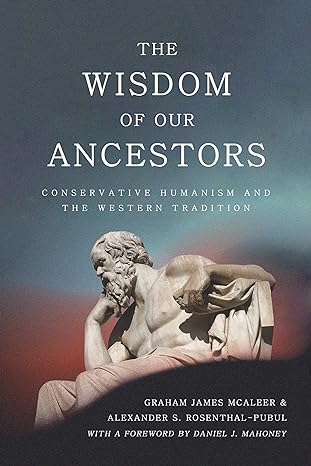
Conservative Humanism for a Postmodern Age
“…[the] authors deserve praise for demonstrating that conservatism is not a mere ideology: it is a serious philosophical position.”
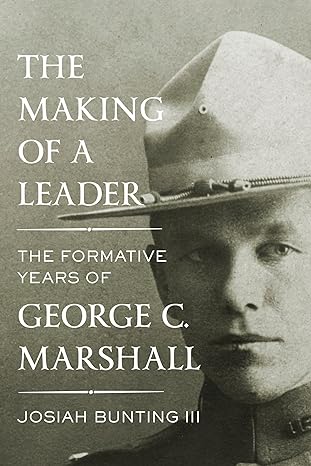
The Leadership of George Marshall
“…this study of the formation of General George C. Marshall would have benefited from even more time devoted to both its form and its content.”
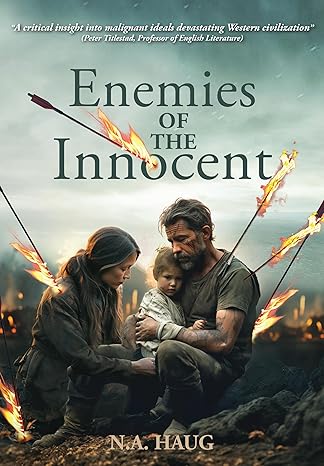
We Still Need Family, Religion, and Tradition
“In the end… it always comes down to the ancient story of secular humanism versus Christian belief. Is there room for yet another book on this theme? Of course there is, and there always will be, so long as fallen man remains fallen.”
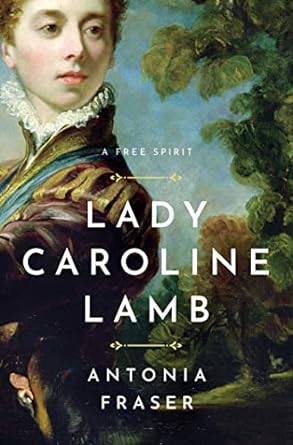
The Woman Who Loved Lord Byron
“Caroline’s life, we might say, was a real-life embodiment of the Byronic hero or heroine.”

Help Yourself
“All Shrier does—and does well—is to put into words, with ample sourcing, the feelings parents have been sharing with each other online and at the morning bus stop. The kids aren’t growing up. They’re a mess. And so are the therapists. “
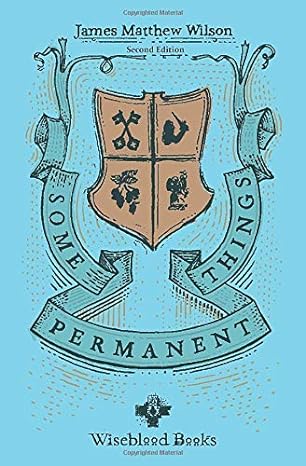
The “Art of Being” and “The Art of Becoming”
“For Wilson… the best poems are seasoned reflections that develop in waves and ‘become’ informed by faith…”
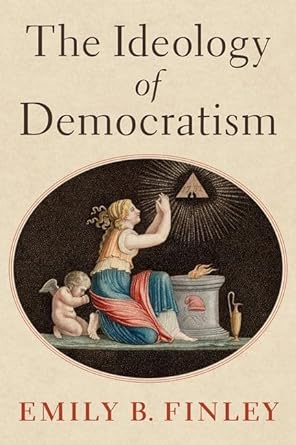
The Paradoxical Ideology
“Rousseau’s ideas have influenced both theorists and practitioners of democracy, such as Thomas Jefferson, Woodrow Wilson, George W. Bush, John Rawls, Jürgen Habermas, and Jacques Maritain. For Finley, the common thread in this group is belief in the ideology of democratism. For each of these figures, democracy is perceived as the ultimate end for society, akin to religious salvation, and only an elite-controlled oligarchy can represent society’s ‘general will.’ The irony is that this oligarchy employs undemocratic means in the name of democracy to achieve its objectives.”

Democratism and False Equivalence
“Finley argues that advocates of ‘democratism’ have always argued for democracy not as a regime of popular government but as a set of political norms of enlightened public sharing commitments to further liberation from traditional bonds.”
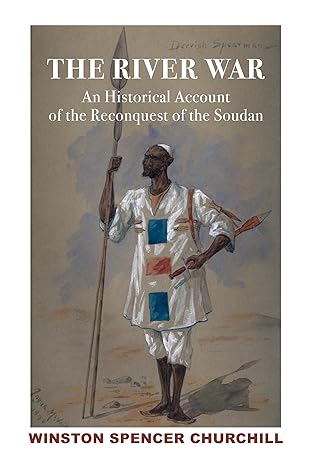
Churchill in His Element
“The River War was not just an adventure for Churchill; it was a foundation for his burgeoning thoughts on the strategy of war.”
The Book Gallery
A collection of conversations with Bookman editor Luke C. Sheahan and writers and authors of imagination and erudition. Click on the icon in the upper right corner of the video to see more episodes in this series or check out our YouTube page.
